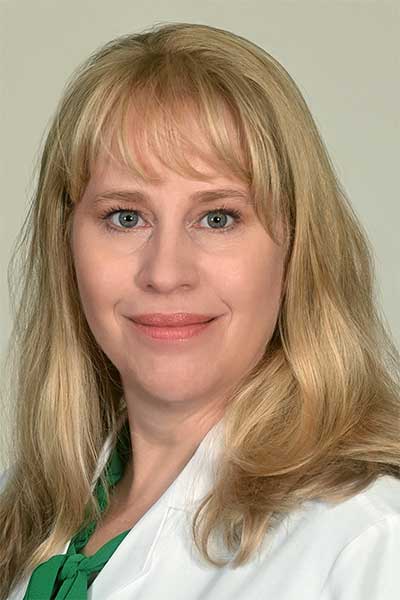Rheumatology can offer patients an array of life-improving medications, but there are impediments to getting these agents into the hands of individuals living with rheumatic disease.

The session Making the Clinic a One-Stop Shop: In-Office Dispensing will consider in-office dispensing and medically integrated dispensing (MID) models as ways to overcome some of the hurdles to patients obtaining the medications they need. It will begin at 11 a.m. PT on Sunday, Nov. 12, in Room 30D-E of the San Diego Convention Center. The session also will be available for on-demand viewing within 24 hours for registered ACR Convergence 2023 participants
Colin Sheffield, PharmD, will draw on his nearly 20 years of specialty pharmacy experience to highlight current public models and discuss the pros and cons of these systems. He is a clinical pharmacist for rheumatology at Duke Health, Chapel Hill, N.C., where he’s been for five years.
Considering the public models should allow providers of different practices — ranging from private practices to practice groups to large health systems — an opportunity to evaluate income potential and opportunities for improved patient care, Dr. Sheffield said.
Using the in-office dispensing model, clinics are set up to serve as pharmacies for their patients, while the MID model utilizes an outside company to provide pharmaceutical services.
Under each model, the goal is to get patients the medication therapy they are prescribed and manage insurance authorization and billing so patients can afford their treatment. There are several unique challenges to this for patients on Medicare, Dr. Sheffield said.
“I know navigating the system to get their medications can be confusing, and they may not have the bandwidth to consider the options,” he said.
Adding to the pressure, pharmaceutical manufacturers have pulled back on offering financial assistance and have instituted stricter criteria for help.
Healthcare providers, including Duke and Emory University Hospital in Atlanta, that operate their own pharmacies have better records of patient adherence and are more nimble with prior authorization of medication, Dr. Sheffield said.

Ashley Beall, MD, will describe her practice’s first year implementing an MID program. She is Managing Director of Bethesda, Maryland-based Arthritis and Rheumatism Associates PC, which engaged with a third party to start the program in three of the practice’s seven locations.
Dr. Beall will discuss what to expect when adding this service and strategies for a successful launch.
“The process was much longer and more complicated than we expected, requiring months of planning and engagement with third parties,” she said.
The information should help providers make an informed decision about when or if to start the process.
“One of the most important aspects of patient care is getting the right medication to the patient in an efficient manner. However, there are many hurdles for providers and patients as they try to interact with external pharmacies and (pharmacy benefit managers). These include delayed prior authorization, limited assistance with copay and cost share for patients, patient education, and medication access, including delays in delivery,” Dr. Beall said. “MID allows for a streamlined process for the providers and patients which avoids or minimizes many of these challenges.”
Drs. Sheffield and Beall will be joined by panelists Gary R. Feldman, MD, FACR, President of the Coalition of State Rheumatology Organizations and Medical Director of Pacific Arthritis, an independent practice rheumatology group in California, and Kathleen Rock, PT, MBA, Physical Therapist and Owner of Corpus Christi, Texas-based Rock Consulting Inc. She also is a healthcare consultant, certified auditor, and rheumatology coder.
Register Today for ACR Convergence 2025

If you haven’t registered for ACR Convergence 2025, register today to participate in this year’s premier rheumatology experience, October 24–29 in Chicago. All registered participants receive on-demand access to scientific sessions after the meeting through October 31, 2026.
